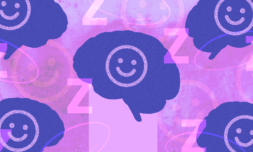Being called ‘emotional’ at work is rarely intended as a compliment, no matter your profession. But could paying closer attention to our emotional states actually enhance our careers? A growing number of experts seem to think so.
For much of the 20th century, the ideal professional was seen as a figure of cool rationality – a person who could set aside their emotions to focus only on logic and productivity.
This image of the placid employee was especially esteemed in corporate America, where requirements for efficiency and profit left little room for personal feelings.
As our understanding of human psychology has developed along with the evolution of modern workplaces, this view is now seen as outdated. Emerging research suggests that our emotions, far from being liabilities, actually sit amongst our most valuable assets.
Think about it. Emotions are intrinsic to the human experience, influencing how we perceive and interact with the world. Instead of being distractions from rational thought, they are an integral part of it.
Research in neuroscience backs this up, showing that emotions and cognition are deeply intertwined, with feelings often guiding our reasoning processes. The very idea of ‘gut instinct’ stemmed from this connection between emotional intuition and cognitive thought.
As Gen Z – the most mental health-focused generation yet – enters the workplace, the robotic values upheld by the corporate status quo are being diminished. Employers are understanding that if we ignore our emotions, we risk ignoring valuable information that can lead to better decision-making.





















